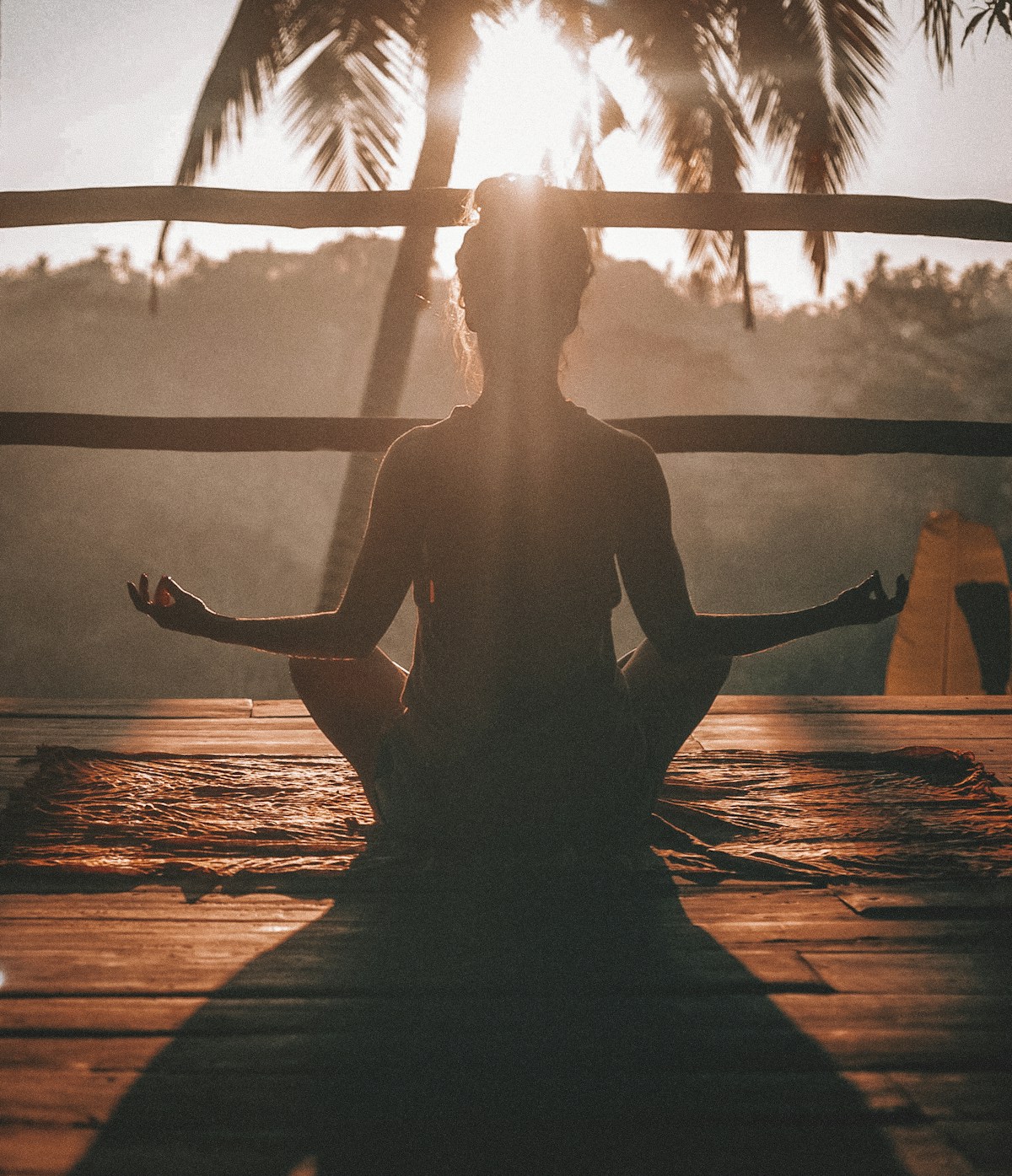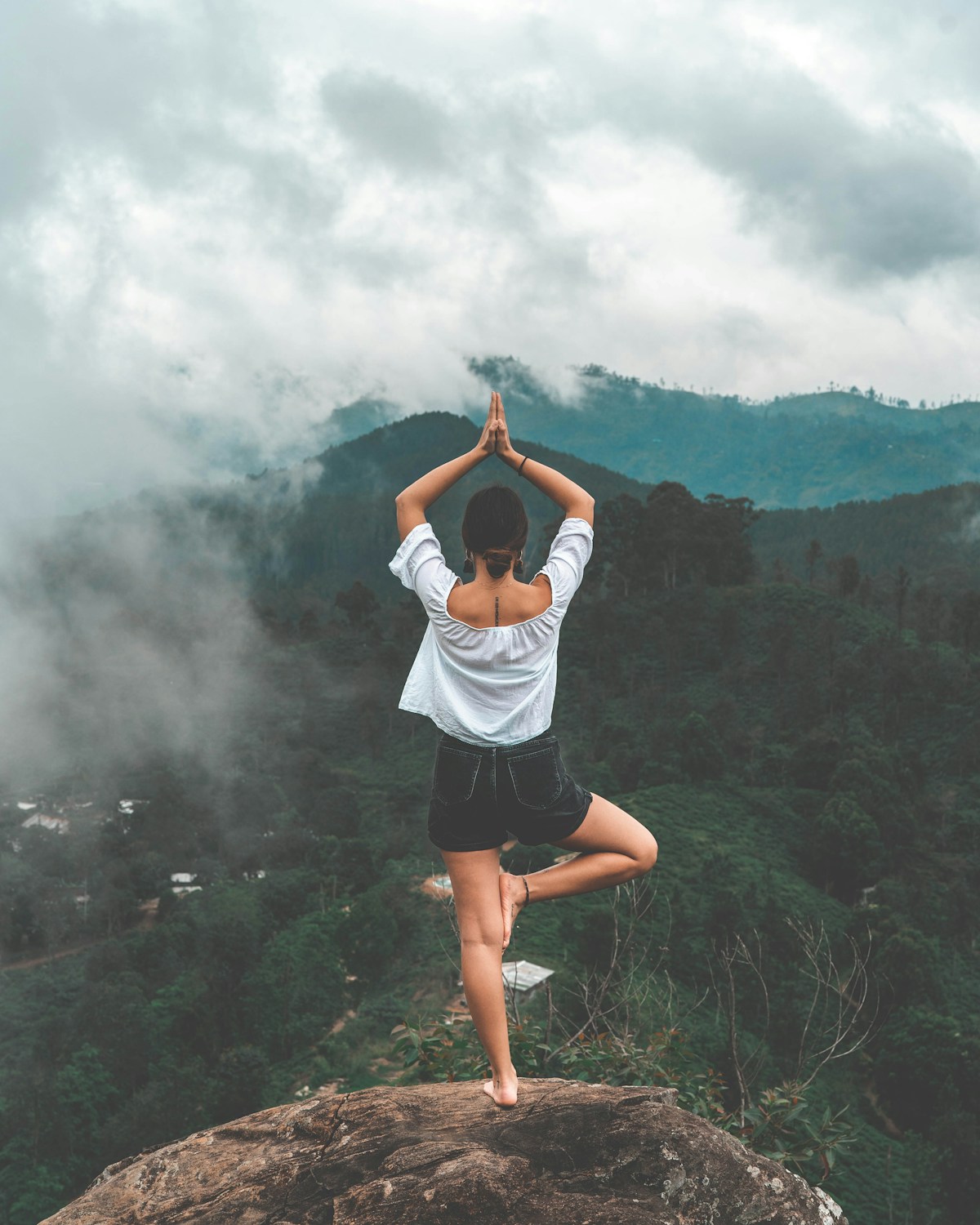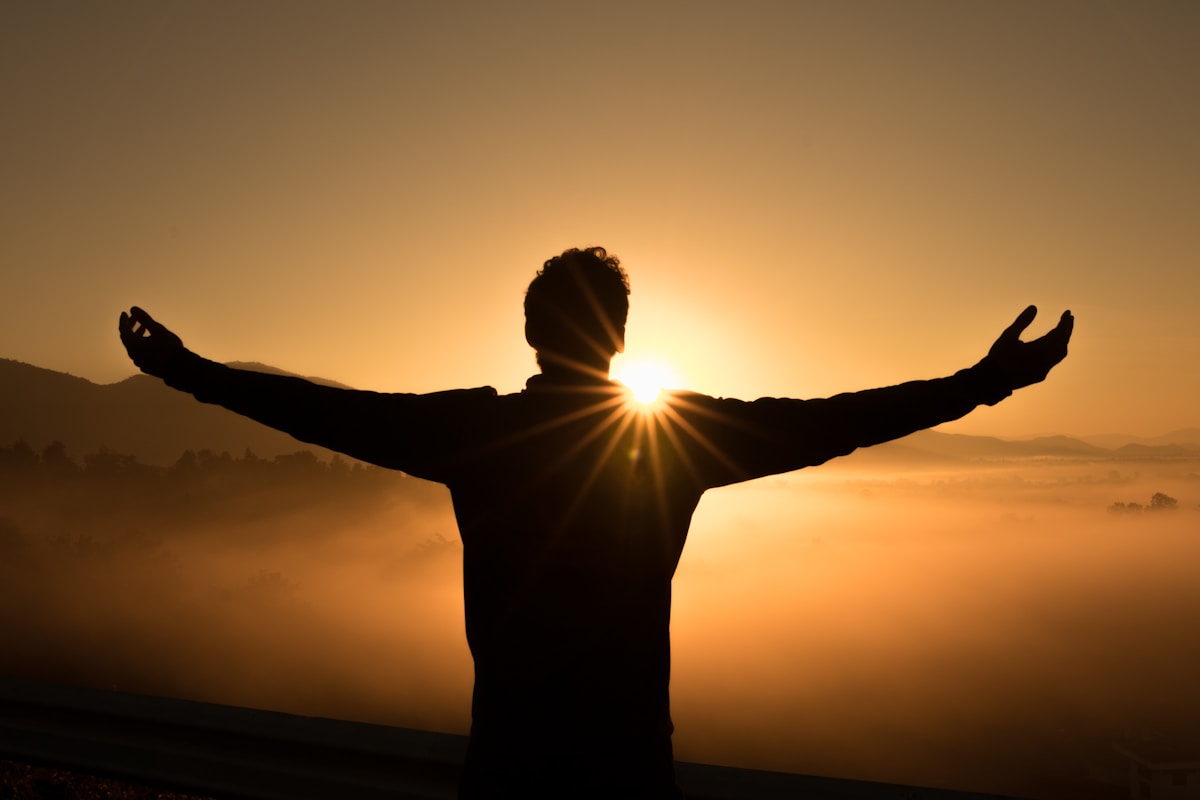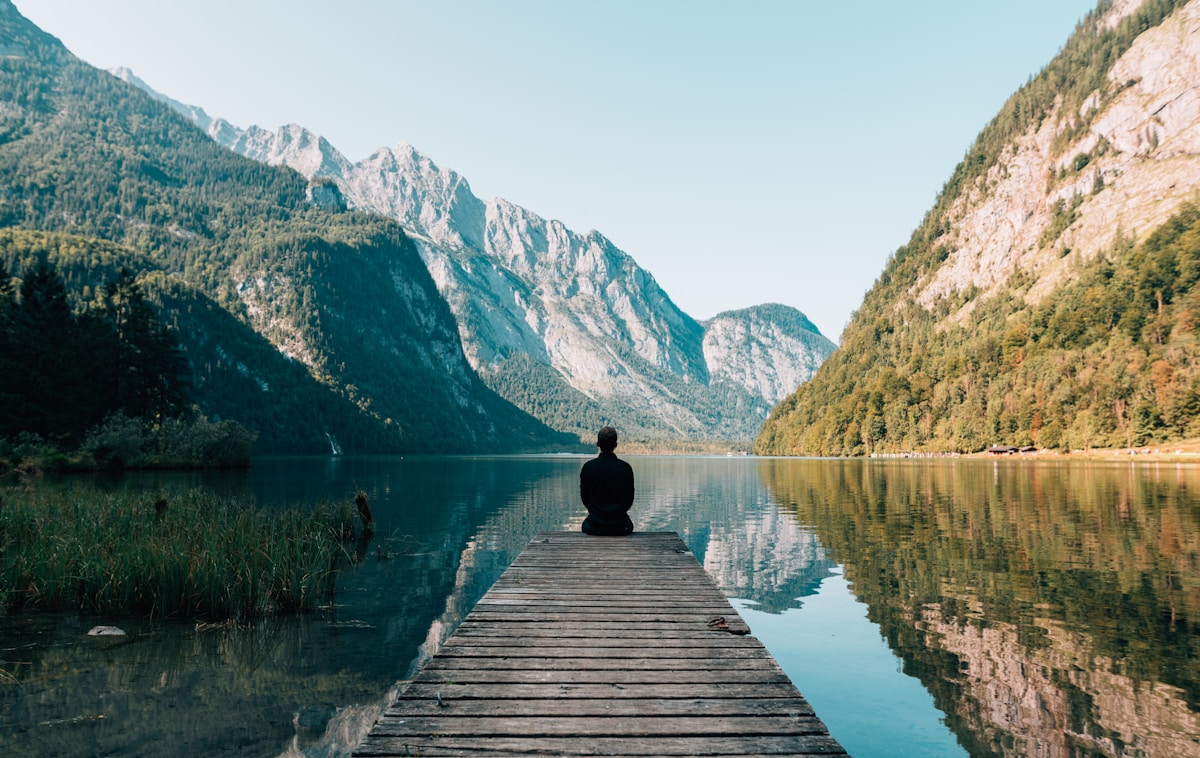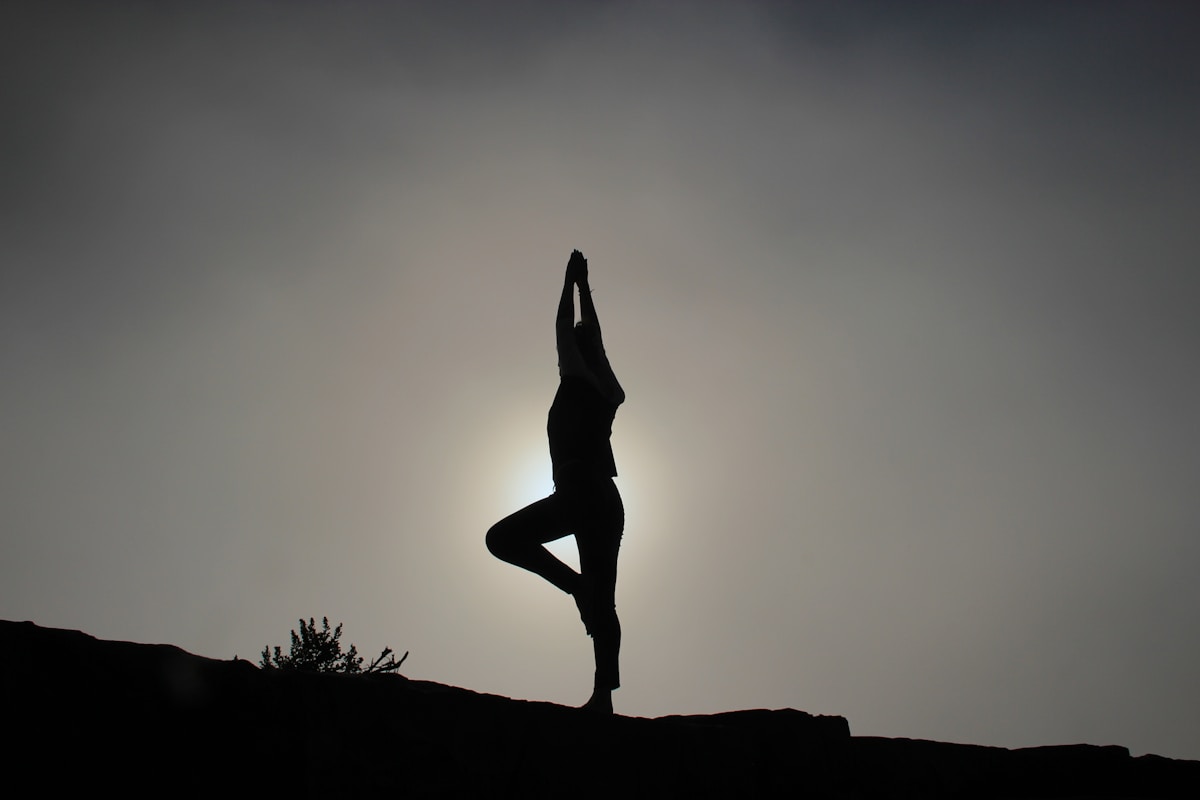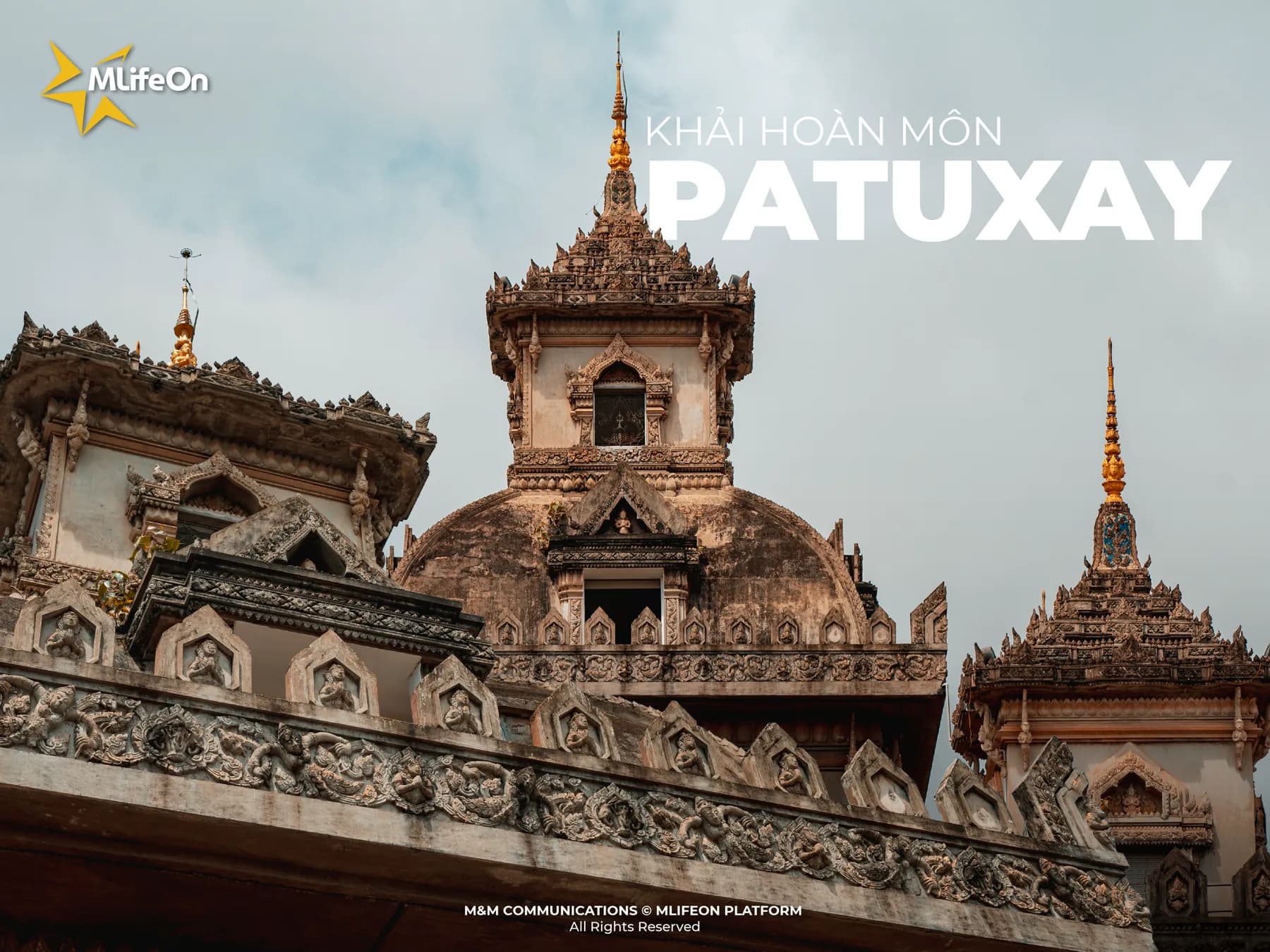Sydney's Buddhist temples offer more than religious services—they're sanctuaries for meditation practice, wellness programs, and mental health support. In an increasingly stressful urban environment, these temples provide accessible, authentic meditation instruction rooted in centuries-old Buddhist traditions.
As someone who's practiced meditation at Sydney temples for years, I've experienced firsthand how these practices transform stress, anxiety, and mental chaos into calm, clarity, and inner peace. Whether you're Buddhist, curious about meditation, or simply seeking better mental health, Sydney's temples offer genuine, effective practices without commercial wellness industry markup.
Understanding Buddhist Meditation
Buddhist meditation isn't one practice but multiple techniques developed across different Buddhist traditions. Understanding these differences helps you find practices that resonate with your needs and temperament.
Samatha (Calm Abiding): Concentration meditation focusing attention on a single object—breath, mantra, or visualization. This develops mental stability, reduces distraction, and creates inner calm. It's foundational practice across all Buddhist traditions.
Vipassana (Insight Meditation): Mindfulness practice observing thoughts, sensations, and emotions without judgment. This develops awareness of impermanence, non-self, and the nature of suffering. Vipassana is central to Theravada Buddhism.
Zen Meditation (Zazen): Sitting meditation in Japanese Zen tradition. Practitioners sit in specific posture, focus on breath or koan (paradoxical question), and cultivate direct awareness beyond conceptual thinking.
Loving-Kindness (Metta): Practice cultivating compassion toward self and others through specific phrases and visualization. This transforms negative emotions and develops genuine kindness.
Chanting and Mantra: Repetitive vocalization of sacred texts or phrases. The rhythmic chanting calms the mind while connecting practitioners to Buddhist lineage and teachings.
Temples Offering Meditation Programs
Sydney Zen Centre, Alexandria
For serious Zen practice, Sydney Zen Centre offers structured programs ranging from beginner instruction to intensive retreats. Morning zazen sessions run daily, providing consistent practice opportunity without requiring retreat participation.
The centre emphasizes correct posture, breath awareness, and direct experience over intellectual understanding. Instruction is precise—how to sit, position hands, breathe, and maintain awareness. This technical precision helps beginners establish solid practice foundation.
Weekend retreats involve multiple meditation sessions, dharma talks, and periods of noble silence. These intensives deepen practice significantly, though they're challenging for beginners unused to extended sitting.
Wat Pa Buddharangsee, Leumeah
This Thai forest monastery offers authentic Theravada meditation instruction. Monks teach both samatha and vipassana techniques, emphasizing practical application for daily life.
Monthly meditation retreats follow traditional format—silent practice, simple vegetarian meals, dharma talks from experienced monks, and opportunity to experience monastic routine. The forest setting enhances practice—natural sounds, fresh air, and peaceful environment support meditation naturally.
The monastery welcomes beginners but maintains traditional standards. This isn't commercialized wellness—it's authentic Buddhist practice preserving techniques developed over centuries.
Nan Tien Temple, Wollongong
Nan Tien offers comprehensive meditation programs from single classes to extended retreats. Their approach emphasizes Humanistic Buddhism—making practice accessible and relevant to contemporary life.
Beginner classes explain meditation's purpose, teach basic techniques, and address common challenges. The instruction is clear, supportive, and doesn't require Buddhist conversion or deep philosophical understanding.
Short retreats (1-3 days) introduce intensive practice without overwhelming beginners. Longer retreats for experienced practitioners involve extended silent meditation, work practice, and immersion in Buddhist community life.
Vietnamese Temples: Chanting and Devotional Meditation
Vietnamese temples like Phuoc Hue and Quang Minh emphasize chanting and devotional practices alongside sitting meditation. Chanting sutras in Vietnamese and Sino-Vietnamese creates meditative state through rhythm and repetition.
These practices might seem less immediately 'meditative' than silent sitting, but they're equally valid paths to mental calm and spiritual development. The communal aspect—chanting together, synchronized breathing—creates powerful collective energy.
Meditation for Beginners: Getting Started
If you're new to meditation, starting at a temple provides advantages over apps or books—direct instruction, immediate feedback on technique, and supportive community.
Start with Beginner Classes: Most temples offer introduction to meditation—usually free or by donation. These classes teach basic techniques, answer questions, and help you determine if the approach suits you.
Practice Consistently: Even 10-15 minutes daily produces better results than occasional long sessions. Temples often recommend morning practice when the mind is fresh.
Be Patient: Meditation isn't instantly relaxing. The mind resists training. Initial sessions might feel frustrating, uncomfortable, or boring. This is normal—persistence matters more than immediate success.
Find Compatible Practice: Different meditation styles suit different temperaments. If one approach doesn't resonate, try another. Sydney's diversity of temples means you can explore various traditions.
Mental Health Benefits of Meditation
Scientific research increasingly validates what Buddhist practitioners have known for centuries—meditation significantly benefits mental health.
Stress Reduction: Regular meditation lowers cortisol levels, reduces physiological stress responses, and helps practitioners respond to stressors more calmly.
Anxiety Management: Meditation teaches observing anxious thoughts without being controlled by them. This meta-awareness—awareness of awareness itself—transforms anxiety's impact.
Depression Support: Mindfulness meditation, particularly Mindfulness-Based Cognitive Therapy (MBCT) derived from Buddhist practices, effectively prevents depression relapse.
Improved Focus: Concentration meditation directly trains attention. Regular practitioners show measurable improvements in sustained attention, working memory, and cognitive flexibility.
Emotional Regulation: Meditation develops ability to experience emotions without being overwhelmed by them. This emotional intelligence improves relationships and life satisfaction.
Temple-based meditation offers these benefits while embedding practice in supportive community and meaningful philosophical framework. This context enhances motivation and provides resources for navigating practice challenges.
Meditation Retreats: Deep Practice
Meditation retreats offer intensive practice impossible in daily life. Extended periods of meditation, minimal distractions, and structured environment accelerate development significantly.
Weekend Retreats: Two or three days of intensive practice. These typically involve 4-6 meditation sessions daily, dharma talks, and maintained silence. Weekend retreats provide taste of intensive practice without major time commitment.
Week-Long Retreats: Seven to ten days allows deeper immersion. The first few days are challenging as the mind resists. By mid-retreat, practice often deepens significantly with periods of profound calm and insight.
What to Expect: Silence (noble silence—no talking, reading, writing, or eye contact), simple accommodations, vegetarian meals, early wake times, and multiple meditation sessions. Physical discomfort from extended sitting is common initially.
Benefits: Retreats reset mental patterns, provide clarity on life questions, deepen meditation practice, and offer experiential understanding beyond intellectual knowledge. Many practitioners describe retreats as transformative.
Wellness Programs Beyond Meditation
Many Sydney temples offer comprehensive wellness programs integrating meditation with other health practices.
Yoga: Some temples offer yoga classes complementing meditation practice. These aren't commercial yoga studios but traditional practices supporting spiritual development.
Tai Chi and Qigong: Chinese temples often teach these moving meditation practices promoting physical health alongside mental cultivation.
Buddhist Psychology: Dharma talks and classes explore Buddhist perspectives on suffering, attachment, ego, and liberation. These teachings provide philosophical framework understanding meditation's purpose.
Counseling and Pastoral Care: Many temples offer informal counseling from monks, nuns, or trained lay practitioners. This spiritual direction helps practitioners navigate life challenges through Buddhist lens.
Practical Considerations
Cost: Most temple programs are free or by donation—dramatically cheaper than commercial wellness programs. Donations support temple operations and teacher support.
Time Commitment: Single classes typically last 1-2 hours. Regular practice groups meet weekly. Retreats range from weekends to months.
Physical Requirements: Sitting meditation can be physically challenging initially. Most temples provide cushions, benches, and chairs accommodating different flexibility levels.
Religious Commitment: Most temples welcome meditation students regardless of religious affiliation. You can learn and practice meditation without converting to Buddhism or adopting Buddhist beliefs.
Language: Some programs are in English, others in Vietnamese, Thai, Chinese, or other languages. Check temple websites or call ahead.
Integrating Practice with Daily Life
Temple-based meditation isn't separate from daily life—it's training for living more skillfully, peacefully, and compassionately.
Formal and Informal Practice: Formal practice means dedicated meditation sessions. Informal practice applies mindfulness to daily activities—eating, walking, working, communicating.
Consistency Matters: Daily short practice produces better results than occasional long sessions. Even 10 minutes daily maintains momentum and develops habit.
Community Support: Regular temple attendance provides community support—fellow practitioners sharing challenges and insights, teachers offering guidance, and collective energy supporting individual practice.
Vietnamese-Australian Perspective
For Vietnamese-Australians, temple meditation reconnects with cultural heritage while addressing contemporary mental health challenges. The stress of immigration, cultural adaptation, and maintaining identity between two cultures creates unique pressures that meditation helps navigate.
Vietnamese temples' emphasis on community alongside individual practice reflects Vietnamese cultural values. You're not just developing personal peace—you're contributing to collective wellbeing and maintaining cultural-spiritual traditions.
Beyond Stress Relief: Meditation's Deeper Purpose
While meditation effectively reduces stress and improves mental health, Buddhist traditions teach that these benefits, though valuable, aren't meditation's ultimate purpose. The deeper aim is liberation from suffering through understanding reality's true nature—impermanence, non-self, and interdependence.
This philosophical depth distinguishes temple-based meditation from commercial mindfulness. You can engage at whatever level suits you—stress relief, mental health support, or profound spiritual transformation. The practices work at all levels.
Getting Started: Your First Temple Visit
Ready to begin? Here's how to start:
1. Research temples offering meditation programs
2. Check schedules for beginner classes or open meditation sessions
3. Dress modestly, arrive early
4. Bring open mind and patience with yourself
5. Ask questions—teachers expect and welcome inquiries
6. Commit to trying practice for at least a few weeks before judging effectiveness
The diversity of Sydney's Buddhist temples means you'll find approaches ranging from austere and traditional to modern and accessible. Exploring different options helps you find practices that genuinely resonate.
In our increasingly stressful, distracted world, Sydney's Buddhist temples offer ancient wisdom addressing contemporary challenges. Whether you seek stress relief, mental health support, spiritual development, or simply moments of peace in busy life, these temples provide genuine, accessible, and effective practices. The investment of time and effort returns benefits that ripple through every aspect of life.
